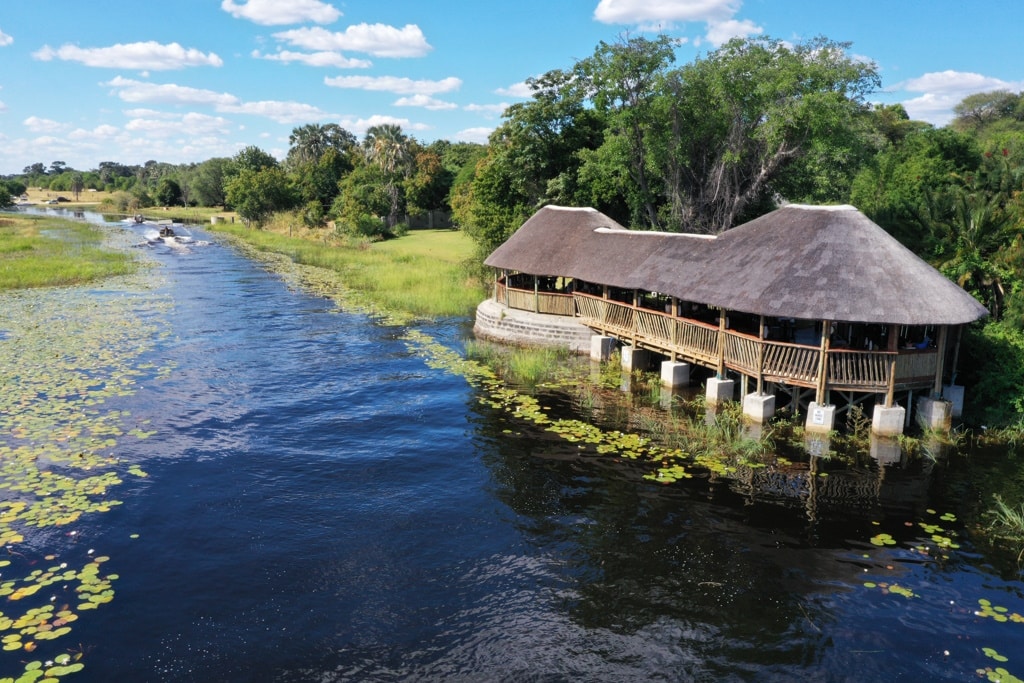The town of Chobe in Botswana tops the list of African towns in the Top50 destinations for sustainable tourism in the world. The British travel magazine Big 7 Travel highlights its national park covering 11,000 km² with a diversity of wildlife including 40,000 elephants out of the 130,000 found in this southern African country. All of which fascinates European and Asian tourists keen to commune with nature.
A paradox when you consider that 287 pachyderms were killed there in 2021. But that didn’t stop Big 7 Travel from ranking Chobe ahead of Port Louis in Mauritius (50th). One of the reasons given for this UK ranking is the increase in the number of environmentally-friendly “camps and lodges” set up by the Botswana authorities. These initiatives encourage the contemplation of natural resources and limit the environmental impact of trekking.
The Gambia, meanwhile, is in third place. And that’s thanks to the Makasutu national park, where photovoltaic solar panels and waste-to-energy schemes are making eco-lovers happy. This sacred forest in the village of Bafuloto is located near the Gambian town of Brikama, which has a population of 77,000. That’s eight times less than the population of Cape Verde, where the islands of Fogo and Maio are prized for their dolphins and whales. These destinations rank 43rd, behind the ecotourism sites of the Seychelles.
Read also-CAPE VERDE: IFC grants €20m to renovate and decarbonise 7 airports
After the Covid-19 crisis, which dealt a blow to the economies of African nations in particular, tourism is beginning to regain its appeal on the continent. Environmentalists are advocating the development of an eco-responsible model to ensure the survival of biodiversity. It is in this context that the World Tourism Organisation (UNWTO) is organising the Awake Tourism Challenge. In 2023, this competition rewarded the start-ups Coastruction in the Netherlands, WeavAir in Singapore and Kamatjona in Namibia.
Benoit-Ivan Wansi
